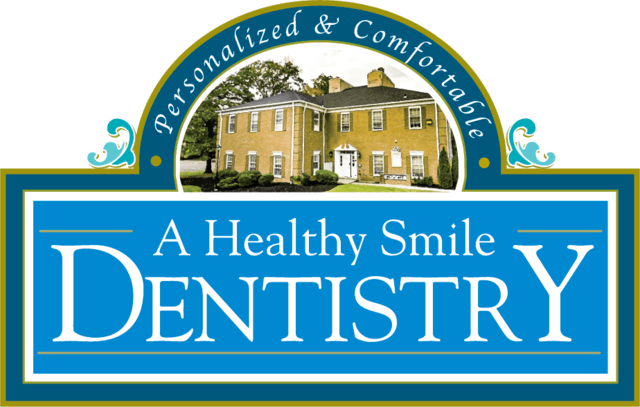Dental emergencies can strike without warning, turning an ordinary day into a stressful situation. Broken teeth, severe pain, or sudden infections demand immediate attention. For many, the cost of urgent dental care can be overwhelming. This is where dental insurance plans play a critical role, providing financial relief, faster access to care, and peace of mind when it matters most.
The Unpredictability of Dental Emergencies
Accidents happen. Children can fall while playing, adults may encounter sports injuries, and everyday activities like chewing hard food can result in unexpected dental damage. Common emergencies include:
- Tooth fractures or chips – Often painful and prone to infection if untreated.
- Severe toothache – Can indicate an infection or abscess that requires immediate intervention.
- Knocked-out tooth – Immediate action is essential for successful reimplantation.
- Lost fillings or crowns – Can lead to sensitivity, infection, and structural damage.
- Soft tissue injuries – Cuts or lacerations inside the mouth may require stitches.
Without proper dental coverage, addressing these emergencies can be financially stressful, leading many to delay treatment, which may worsen the condition.
How Dental Insurance Plans Provide Immediate Relief?
Dental insurance plans are designed to reduce the financial burden of unexpected dental care. They often cover urgent procedures, diagnostic tests, and follow-up treatments, which help patients focus on recovery rather than cost. Key benefits include:
- Reduced Treatment Costs – Insurance can cover a significant portion of emergency procedures, lowering out-of-pocket expenses.
- Access to a Network of Dentists – Most plans include networks of emergency dental professionals, ensuring prompt treatment.
- Preventive Care Coverage – While emergencies are sudden, routine checkups can help detect potential issues before they escalate.
- Specialized Care for Trauma – Some dental plans include coverage for restorative and surgical procedures, including root canals and crowns.
- Peace of Mind – Knowing coverage is available reduces anxiety, allowing patients to seek care quickly.
Scenarios Where Insurance Becomes Critical
Dental insurance becomes more than a convenience during severe emergencies. Consider these examples:
- Sports Accidents: A child loses a tooth during a soccer game. Immediate care and reimplantation are critical. Insurance can cover emergency dentist visits and restorative procedures.
- Infections and Abscesses: A severe abscess requires antibiotics and possibly a root canal. Without coverage, costs can escalate rapidly.
- Workplace Injuries: Employees suffering dental trauma at work need urgent care. Dental insurance ensures they receive timely intervention without financial delay.
- Sudden Tooth Fractures: A cracked tooth may need extraction or a crown. Insurance reduces financial strain and accelerates treatment approval.
Benefits Beyond Emergencies
While dental insurance is a lifesaver during crises, its advantages extend further:
- Preventive Focus: Coverage often includes cleanings and exams, reducing the likelihood of emergencies.
- Reduced Long-Term Costs: Timely care prevents minor issues from becoming costly, complex problems.
- Access to Specialists: Certain plans cover specialists like oral surgeons or endodontists, essential during emergencies.
- Flexible Payment Options: Many plans offer structured payments for treatments that may otherwise require upfront cash.
Choosing the Right Dental Insurance Plans
Selecting a plan that balances cost with coverage ensures preparedness for emergencies. Important considerations include:
- Coverage for emergency procedures, extractions, and restorative work.
- Network of in-network emergency dentists for fast access.
- Annual maximums and deductibles that match potential emergency needs.
- Inclusion of specialist care, such as oral surgery or endodontics.
Steps to Take During a Dental Emergency
Even with insurance, knowing the right steps ensures better outcomes:
- Stay Calm: Panic can worsen the situation.
- Contact Your Dentist: Inform them that it is an emergency and mention insurance coverage.
- Follow Immediate Care Instructions: For knocked-out teeth, preserve the tooth properly.
- Document Treatment: Keep records for insurance claims.
- Schedule Follow-Up: Ensure the underlying issue is fully addressed.
Real-Life Impact
Patients with dental insurance plans often report faster response times, reduced financial anxiety, and better overall outcomes during emergencies. The difference between having coverage and facing the full cost can be thousands of dollars. For parents, professionals, and seniors alike, insurance ensures emergencies don’t derail health, finances, or daily life.
Conclusion
Dental emergencies are unpredictable, painful, and often expensive. Dental insurance plans transform these challenges into manageable situations by providing timely care, financial support, and access to specialized treatments. With coverage in place, individuals can focus on recovery rather than worry about cost, ensuring that urgent dental issues are addressed efficiently and effectively.

